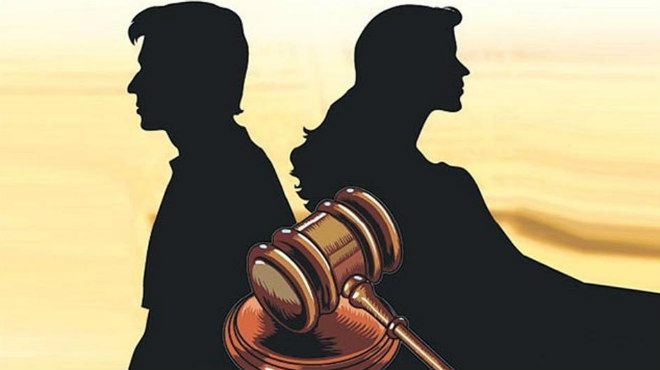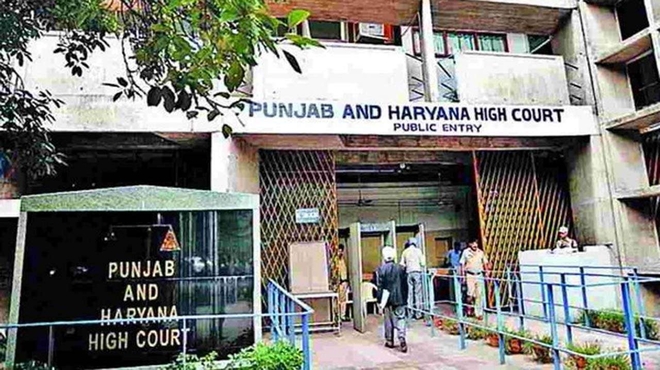Gifts received by public servants not lawful source of income: SC
February 16, 2017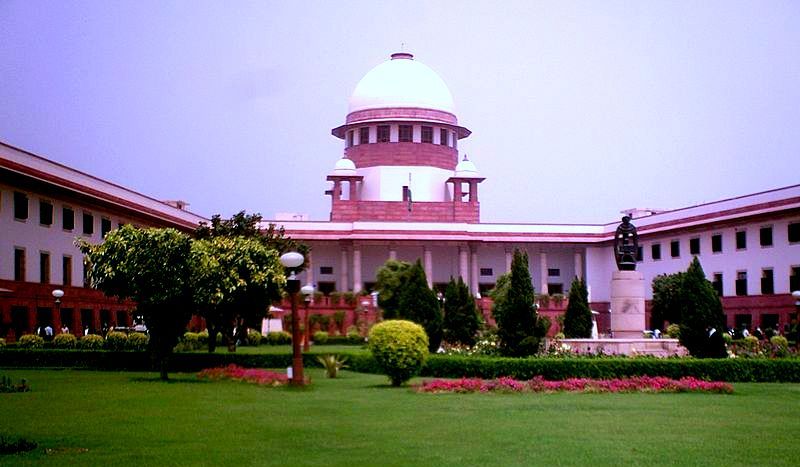
The decision of the Supreme Court following the conviction of Sasikala crushed her dream to become the chief minister of Tamil Nadu. The judgment further ruled for the gift-loving public servants that they cannot count their presents as income from lawful sources.
This is a remarkable ruling by the Supreme Court in favor of preventing corruption. It shall help in keeping a check on such government officials and public servants who find out the loopholes in the system and use it to turn their black money into white.
Latest Legal News
.jpg)
3 Bills to Renew India's Criminal Justice System presented in Lok Sabha; All you Need to Know
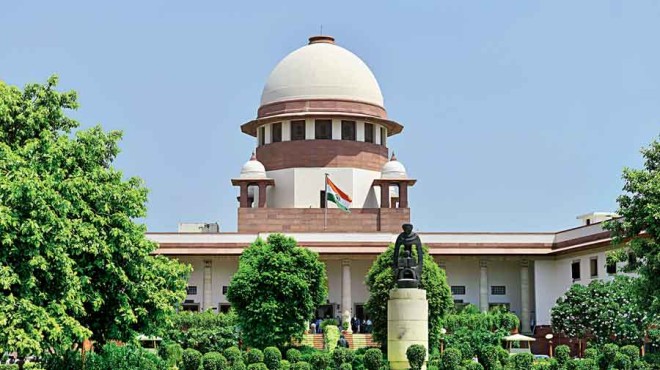
âSorry state of affairs' in PoSH Act implementation; SC orders Govts. to ensure ICCs are constituted


 624+ Lawyers are online
624+ Lawyers are online 

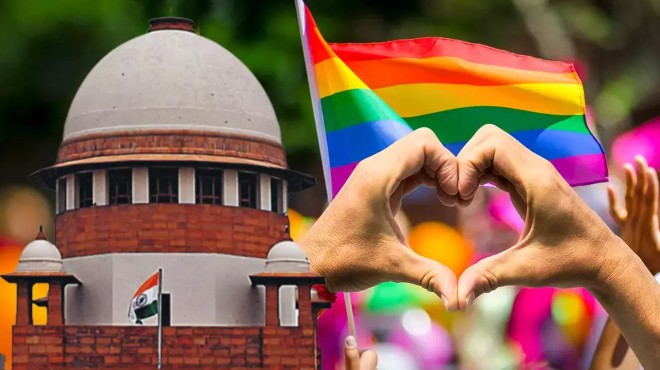
.jpg)
